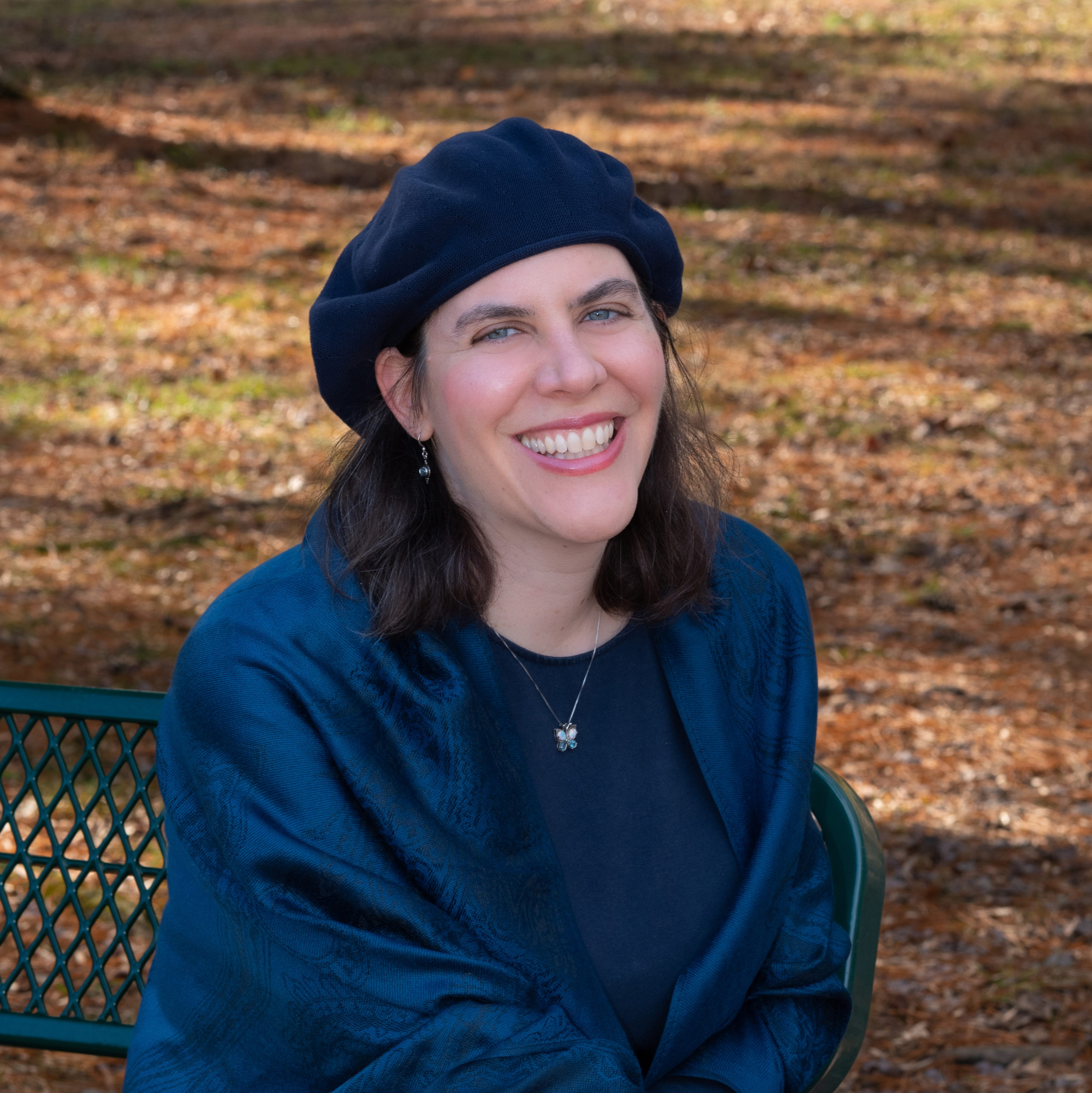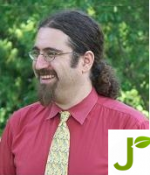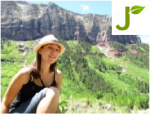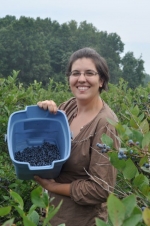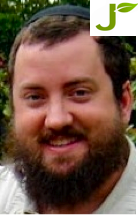Uncategorized Subscribe
Blogs
Getting Back to My Roots
Despair Like so many of the people I know who are deeply concerned with the rapidly multiplying environmental issues confronting our world, I recently became discouraged by the inability of our government to take meaningful action. This feeling slowly morphed into disgust, which turned into anger, which then changed into fear. I kept thinking, if our leaders cannot even address the big environmental issues that are occasionally covered by the media, such as climate change and alternative energy, then we are in real trouble when it comes to the hundreds of other ...
the Good, the Bad and the Dirty — Gardens as Outdoor Jewish Classrooms
Gardens can provide amazing settings for Jewish environmental education to take place. However, gardens can also present challenges and difficulties that typical "indoor" classrooms do not pose. This article will examine some of my experiences using gardens as a vehicle for teaching Jewish environmental lessons. It is my hope that others can learn from my experiences and adapt their teaching approach according to their own individual needs. First, a bit about me and my background. In the fall of 2003, I was hired as the first Adamah coordinator, a ...
Overcoming Email Addiction and Other Virtual Obligations
It seems funny for me to write about this, given my leadership role in Jewcology. And I still believe in the power of social media. But I am writing here to acknowledge: I'm addicted to email. Here's how a typical day looks. I wake up in the morning; I pull out my smartphone. I'm checking (sometimes responding to) email before getting out of bed. (The benefit of this is that I don't go back to sleep... because the stress of my day takes hold.) I get dressed; I take a look at my email. I'm eating breakfast and checking facebook. I'm on ...
Setting Strong Roots – an ongoing story of growth
“So where should I dig?” “Svalo! Wait! Not there... that’s where the new plots are going to be we’re digging now for the live hedge... Don’t worry there are 30 pits to dig for 30 beautiful bougainvilleas…” So yes it’s happening - the “Setting Strong Roots” Community Garden will be doubling its size this month which means 30 more plots are added to the existing 50 plots! The community is in full action, last time we had such a big workday was before my time here when Isaac Hametz, the founder of Earth’s Promise, initiated this ...
Think Israel, Act Local
Most of us know by now that our personal actions have global consequences. What and how much we drive, fly, eat, and shop, contributes to a litany of global environmental challenges, topped by climate change. The mantra, ‘Think global, act local’, was adopted in the 1980s as a rallying cry for personal responsibility in a global age. Environmental concerns to this point had primarily been local; however a new generation of global environmental challenges were forcing people to look beyond their home communities. Unfortunately, this new global vision ...
PBS TV series — Saving the Bay: The Story of San Francisco Bay
Saving the Bay is the first television program to tell the full story of San Francisco Bay, the most important estuary on the Pacific Coast of the Americas and the second largest estuary on the North American continent after Chesapeake Bay. Narrated by Robert Redford and shot in HDTV, Saving the Bay is comprised of four one-hour episodes tracing the Bay's history from before the last Ice Age through today and covers the entire northern California watershed from the Sierra Nevada to the Farallones. The series also highlights the story of three women who rallied an ...
You can be famous! (Deadline: TODAY!!)
Jewcology invites Jewish environmentalists around the world to have your work featured in a video which will be circulated across the Jewish community around Tu b'Shevat. All you need to participate is a video camera (regular camera with video mode works just fine), a neutral wall, and yourself! Here are the instructions for creating and submitting your video. The best ones will be spliced together and shared across the world! But remember, you must submit your clip by Monday, December 20. How to Create Your Video Each person can submit a total of ...
The Language of Sustainability as Second Nature
As I continue to write about my experience in teaching a formal Judaism and the Environment course at a Jewish high school, I aim to share with you some of my personal and professional lessons along the way. This week I am wrapping up the first semester of my 11th grade Judaism and the Environment course. Each semester I have a new crop of students and I try to experiment with new ways of teaching the texts and contemporary examples to highlight the major concepts. For the sake of context, I covered three units this semester: Land Use, Water and Food. In ...
Just what IS a Jewish Environmentalist?
I asked myself this question because of the Jewcology Collaborative Video Script. The script starts off: My name is (your name). (Pause) I live in (your city and state, or city/country if not in US). (Pause) So that's straightforward enough. Then... I am a Jewish environmentalist. (Pause) Well, I'm Jewish. But am I an environmentalist? So, off to the Search Engines. I google "define: environmentalist" and come across this link: Definitions of environmentalist on the Web Here's a sample from that webpage...
Our Leaders Today – Interview with Rabbi Alyson Solomon (CBB, Santa Babara, CA)
Jewcology’s “Our Leaders Today,” is a monthly colum interviewing environmental leaders and activists in Jewish communities near and far. Through personal stories, the columnm, like Jewcology.com, serves not only to generate exposure for important initiatives, but in helping you and I reflect, re-invest, and connect our own efforts, values and goals among our communities. "Awe Was My First Religion" - Rabbi Alyson Solomon Q: How did you come to see the ...
New Press about Jewcology!
Check out two great new articles about Jewcology! A Very Jewish Environment (Washington Jewish Week): http://washingtonjewishweek.com/main.asp?SectionID=4&SubSectionID=4&ArticleID=13971&TM=41253.8 Jewcology.com - New Online Home for Jewish Environmentalists (J of Northern California): http://www.jweekly.com/article/full/60216/jewcology.org-new-online-home-for-jewish-environmentalists/
From the Gan: Creating Sacred Space (in Chicago)
The Gan Project: Chicago Jewish Environmental Network (CJEN): theBlog I am a product of the Jewish camping phenomenon with a combined nine years as camper and staff at Olin Sang Ruby Union Institute in Oconomowoc, WI. spanning the years 1993-2004. As my friends can tell you I am a wellspring of stories that begin with the now infamous opening line "this one time at camp..." I have had countless conversations with other alumni from camps all over the country all of whom can attest to their Jewish identity being what it was today because of their summers ...
Action Alert: Protect our Land and Water
BACKGROUND: The LWCF was established in 1965 to protect America’s Great Outdoors, using royalties paid by oil companies to the government to fund the conservation of natural resources. Yet, since its inception, the Fund has never received sufficient appropriations. Even though there's been more than enough oil revenue for the LWCF at no cost to the American taxpayer, Congress has failed to use that money for its intended purpose (its recent low in appropriated funding was just $138 million, less than one-sixth of what it could be). Over the years the ...
Suburban Goats
Article in Washington Jewish Week about raising goats in the city. Click here to read article
Dear Great-Great Grandma and Grandpa
I sometimes wonder what my ancestors would think of my organic leanings. I can't go back in time and talk with them about my raising goats and trying to make most of the food I eat from basic ingredients I buy or produce. But I imagine their reaction might be something like, "What other way is there?" And then I would explain about pesticides and mass production and processed and packaged food transported from afar. And if I could somehow bring along some of this "fast" food and give them a taste, I suspect they would find its taste unappealin...
Honey from the Rock – Introduction
I first became aware of the living earth by hiking, running, and mountain biking in the forest that surrounded my childhood home in Melville, New York. Over the years, parts of the forest and surrounding farmlands were developed into ”McMansion” housing projects and looking back on it, I think this was part of what inspired me to join my school’s environmental organization in 7th grade. Raising environmental awareness and the importance of working on behalf of environmental preservation seemed liked a logical thing to do. How could it be that so ...
Jewcology Question of the Week #2
Diane and Noah, Topsy Turvy Bus educators of the Teva Learning Center, ask Jewcology's second question of the week.
After the fire: It’s time to help — and heal
An Israeli firefighter walks past the remains of a house in Yemin Orde. (AP, via Newsday) By David Krantz NEW YORK (Dec. 6, 2010) — 42 people dead. 250 homes ravaged. 12,300 acres razed. 5 million trees burned. In the aftermath of the worst natural disaster in Israeli history, we are left wondering how we can help Israel recover after the fire. Fortunately, many organizations are taking quick action, and there are many ways that you can help. Donations to any of these organizations will help ...



